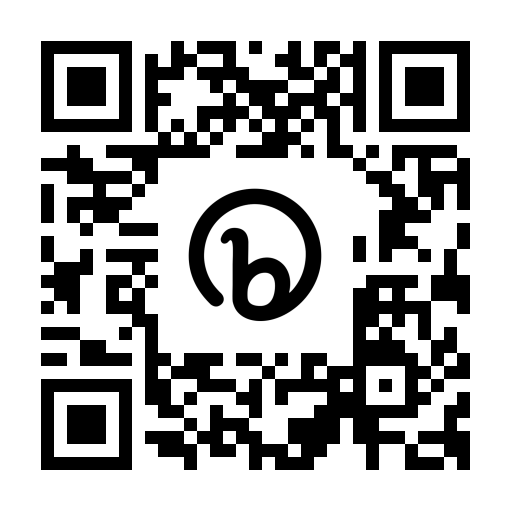In October of 2010, Twitter, a social media platform that allowed users to share their thoughts and opinions in 140 characters or less, was acquired by another social networking site, Facebook.
This acquisition sent shockwaves throughout the tech industry and raised concerns about the power and influence that a single company or individual could wield over the world of social media. At the time, Facebook was already the dominant player in the social media space, with a user base that far exceeded that of Twitter. Many saw the acquisition as a way for Facebook to further solidify its position as the top social networking site and extend its reach into areas where it had previously been weaker. However, the acquisition also raised concerns about the potential for one person or company to have too much control over the way we communicate and share information online. After all, social media has become an integral part of our daily lives, and the ability to freely share our thoughts and opinions on these platforms is something that many of us take for granted. In the years since the acquisition, Facebook and Twitter have continued to operate as separate entities, each with their own unique cultures and approaches to social media.
However, the fact remains that they are now under the same umbrella, and this has raised questions about the extent to which they can remain independent and truly serve the needs and interests of their users. It’s important to remember that social media is more than just a way to stay connected with friends and family. It’s also a powerful tool for businesses and organizations to reach and engage with their audiences. As such, it’s crucial that we have a diverse and competitive landscape in the social media world, with multiple players vying for our attention and loyalty.While the acquisition of Twitter by Facebook may not have been the end of the world, it’s important that we remain vigilant about the consolidation of power in the tech industry and work to ensure that competition and diversity remain key components of the social media landscape. So, we can hope that these two fighting partners will make amends soon and one will take care of Twitter and the other can take care of Facebook.
It’s worth noting that the acquisition of Twitter by Facebook was not without its controversies. At the time, many Twitter users were wary of the potential for Facebook to exert its influence over the platform and change the way that it operated. There were also concerns about the potential for Facebook to gain access to the data and information shared by Twitter users, and to use this data for its own purposes. In the years since the acquisition, these concerns have largely been addressed, as Twitter and Facebook have continued to operate as separate entities with their own distinct cultures and approaches to social media. However, the fact remains that they are now under the same umbrella, and this has raised questions about the extent to which they can remain independent and truly serve the needs and interests of their users.
One of the biggest challenges faced by social media companies is the need to balance the interests of their users with the need to generate revenue. In the past, Twitter had struggled to find a way to monetize its platform, and the acquisition by Facebook seemed to offer a way forward. By leveraging the data and information shared by Twitter users, Facebook could potentially generate significant revenue through targeted advertising and other forms of monetization.However, this has also raised concerns about the potential for Facebook to exploit the data and information shared by Twitter users for its own purposes. While Facebook has taken steps to protect the privacy of its users and to ensure that their data is not misused, the fact remains that the company is in the business of generating revenue through advertising and other forms of monetization. This creates a potential conflict of interest that could impact the way that Twitter operates and the decisions that it makes.
In addition to these concerns, the acquisition of Twitter by Facebook has also raised questions about the role of social media in our society and the extent to which it can be used to shape public opinion and influence political discourse. With billions of users worldwide, social media platforms like Twitter and Facebook have the power to shape the way that people think and behave, and this power is not always used responsibly. In the past, we have seen social media platforms used to spread misinformation and propaganda and to stoke divisions and conflicts within societies. While it is important for social media platforms to allow users to freely express their opinions and share their views, it is also important for these platforms to take steps to ensure that the information shared on their platforms is accurate and that users are not exposed to harmful or misleading content. In conclusion, the acquisition of Twitter by Facebook has had a significant impact on the social media landscape and has raised important questions about the power and influence of these platforms. While it is important for social media platforms to allow users to freely express themselves and share their views, it is also important for these platforms to take steps to ensure that they are used responsibly and that the information shared on them is accurate and not harmful to users. In order to achieve this balance, it is crucial that we have a diverse and competitive social media landscape with multiple players vying for our attention and loyalty.
IN CLOSING
It is difficult to predict the future of any specific company or service, but Twitter has been a popular and influential social media platform for many years. While other platforms, such as Mastodon, may gain popularity, it is possible that Twitter will continue to be used by a large number of people. It is important to note that social media platforms come and go in popularity over time, and it is possible that the landscape of social media could look very different in the future.



